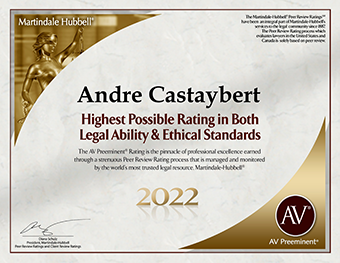Common Misconceptions About Trademarks
Trademarks help customers identify the source of a product or service. Although trademarks help prevent consumer confusion, start-ups often have misunderstandings about the process or trademark law. Westfair Online recently published an article about the common misconceptions about trademarks, available here. To summarize:
- Contrary to popular belief, companies should NOT adopt a mark that tells consumers exactly what they are buying. Trademark laws do not allow companies to register a new name that merely describes a feature or function of the product.
- Although some famous trademarks use descriptive names, they are exceptions. For example, Food Network is a descriptive name, but Food Network has also developed recognition. It ordinarily takes several years of use and millions of dollars in advertising and sales before a descriptive term is entitled to registration.
- If a company wants to protect its name against use, it shouldn’t use a descriptive name, unless it is prepared to put the time and money into achieving widespread recognition.
- Just because the USPTO approves an application does not eliminate any trademark risk. The office examines whether there is a likelihood of confusion only with earlier active applications and registrations.
- Companies do not have to identify every possible item they may sell or service they may provide to adequately protect their mark. Overbroad coverage has several downsides, such as a more expensive application, an increased possibility of conflict with third-party marks, and an application vulnerable to attack by others on the ground of fraud. In most cases, a narrowly-tailored application should still protect the mark for closely-related goods.
- That said, companies should provide complete descriptions when filing to avoid inquiry or objection by the USPTO. Trademark applicants should indicate whether the mark has any meaning or significance in connection with the goods or services, translate any foreign wording in the mark, and describe the features of any design elements. Failing to answer questions thoroughly when filing may ultimately make an application more expensive and delay issuance of the registration.
To see what Castaybert PLLC can do for you in terms of Intellectual Property Law, click here.









